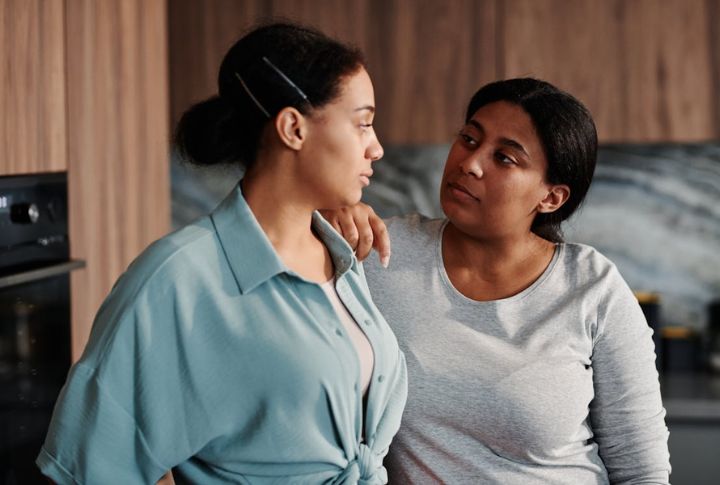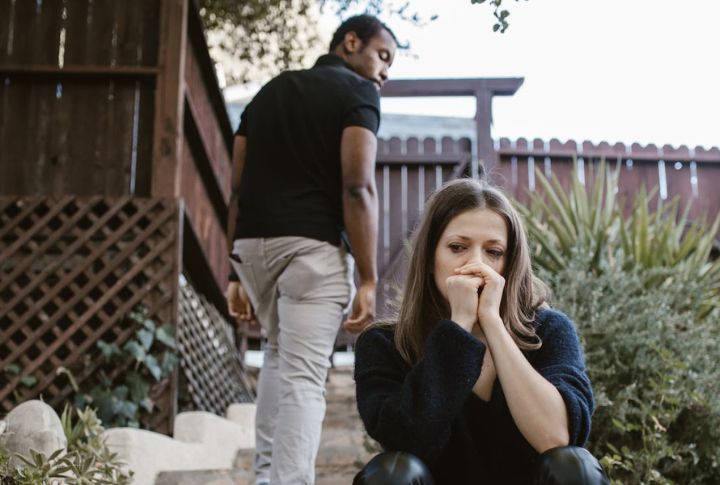
You’d assume being a good person would naturally attract close friendships. However, the connection isn’t automatic. There are people who radiate kindness but spend Friday nights alone. It mostly happens because of the same personality traits that are meant to draw people in. If you’re wondering what those habits look like, here’s an overview for you.
They Always Put Others’ Needs Ahead Of Their Own

Kind people often default to putting others first, believing it’s the right thing to do. While this generosity is admirable, it can lead to self-neglect. They cancel plans for someone else’s crisis, suppress their preferences to avoid inconvenience. Over time, this imbalance leaves them longing for the kind of care they so freely give.
They Give Without Expecting Anything In Return

Have you ever met someone who gives endlessly but never asks for anything back? These natural givers pour out support, time, and energy without hesitation. The problem starts when others start taking them for granted, expecting selfless generosity rather than appreciating them.
They Struggle To Set Emotional Boundaries

Since the kind ones feel emotions so deeply, other people’s pain quickly becomes their own. Without clear limits, they end up carrying the weight of everyone’s problems while ignoring their own needs. This emotional overload creates exhaustion that makes connection harder to sustain.
They Hide Their Own Struggles To Stay Positive

At any social gathering, you’ll spot them: a person with perfect smiles and reassuring words. But ask how life’s treating them? Instant subject change. That dodging act feels safer than opening up, yet it backfires. What’s left is a hollowing loneliness—the kind that comes from nobody truly knowing you.
They Hear You Deeply

The gift of deep listening usually becomes their social blind spot. Though they absorb others’ stories and feelings with remarkable attention, kind souls rarely reciprocate with their own experiences. It leads to one-sided bonds that, despite their emotional literacy, lack the vulnerability needed for genuine closeness.
They Avoid Conflict At All Costs

Always eager to keep the peace, these individuals go out of their way to avoid tension or disagreements, choosing silence over conflict even when something bothers them too much. Though this keeps things calm on the surface, it ultimately prevents their relationships from growing stronger or more authentic.
They Feel Uncomfortable Receiving Kindness

Those who freely give kindness often struggle to accept appreciation for it. Early disappointments may have taught them that vulnerability invites hurt, so they rely solely on themselves. Sure, this self-protective instinct keeps them safe, but it also builds an invisible wall that prevents the mutual exchange essential for close, emotionally fulfilling friendships.
They Doubt Whether Others Truly Like Them

No matter how kind they are, they can’t help but question if people genuinely enjoy their company. Every pause or unread message feels like rejection. Without solid friendships to ground them, many kind souls end up trapped in their thoughts, which fuels anxiety and the loneliness they’re trying to escape.
They Forgive Easily, Even When They Shouldn’t

Tension makes them so uncomfortable that they rush to forgive. Someone hurts them, and within hours, it’s forgotten. They prioritize harmony over self-respect, and their boundaries slowly vanish. What starts as kindness becomes a pattern where people learn that mistreatment gets excused.
They Fear Rejection More Than They Admit

Beneath the calm surface lies a quiet fear of not being accepted. It’s what keeps them from opening up first or showing too much of themselves. Instead, they wait for others to take the lead, reading too much into every pause or silence—until even harmless moments feel like rejection.

